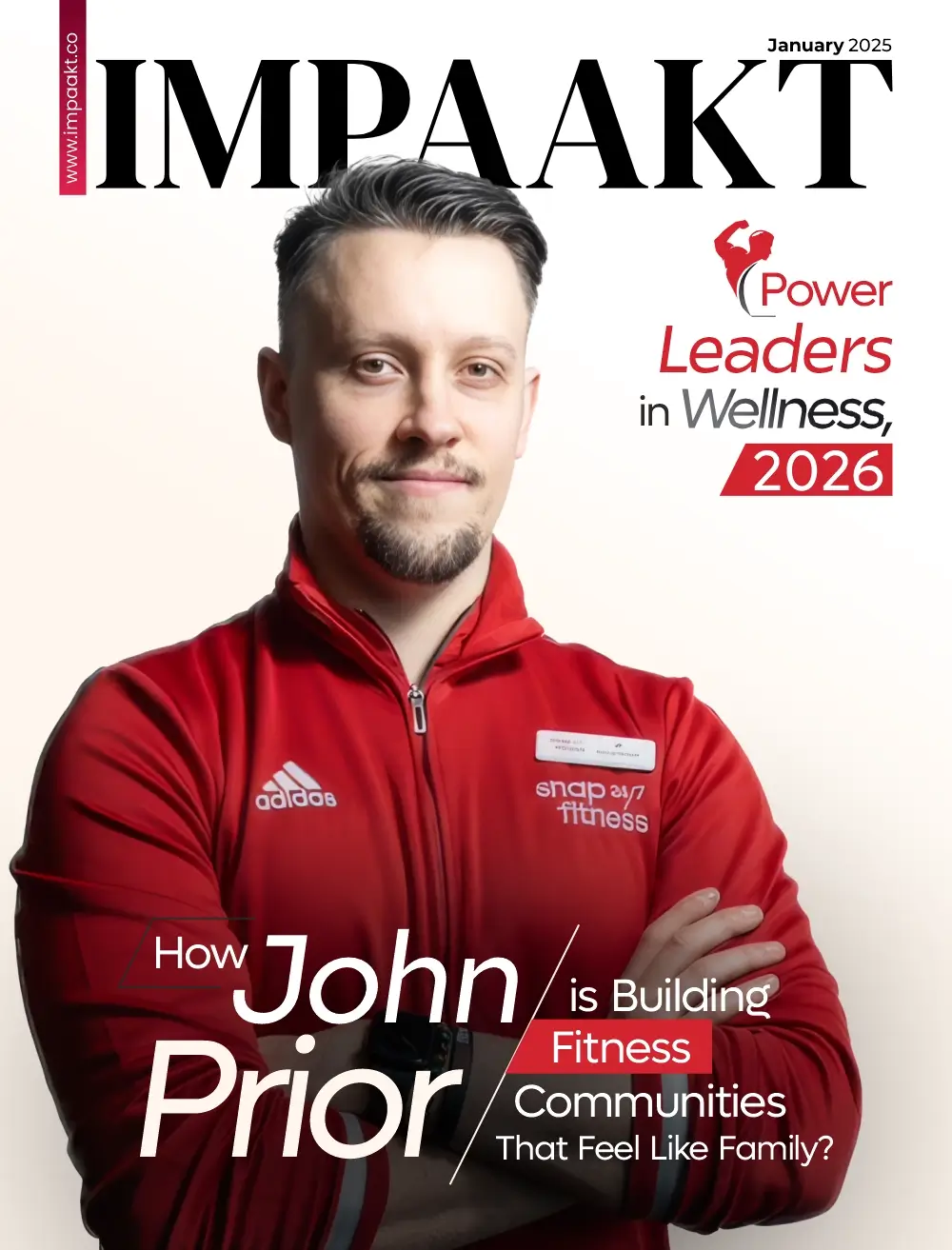Emily, a mother dealing with postpartum depression, stumbles upon a social media influencer who advocates unverified alternative therapies as a substitute for evidence-based treatments. Desperate for relief, she follows these unproven methods, neglecting the essential medical support she requires. The spread of misinformation perpetuates a cycle of ineffective coping mechanisms, hindering Emily’s recovery and potentially jeopardizing her well-being.
Now the scenario narrated above might be only imagined, but it isn’t far from the truth of what’s happening in today’s times. The lines between qualified mental health professionals and social media influencers have blurred. With the rise of influencers attempting to don the mantle of mental health experts, authenticity and expertise are often sacrificed for popularity.
It has become crucial to discern between genuine professionals and those merely exploiting a trending topic. The confusion is compounded as individuals seeking mental health support are bombarded with a myriad of voices, not all qualified to address their concerns.
But all hope is not lost. Experts like Divija Bhasin, the Founder of The Friendly Couch, a qualified Counselling Psychologist, and a Creator are changing the narrative here. She not only embraces her role as a mental health professional but has seamlessly integrated into the social media space, using her influence to destigmatize mental health and foster a community of genuine support.
In the following interview, we discover how she navigates the intersection of counseling psychology and social media, providing a refreshing contrast to the noise, and advocates for a more authentic and informed conversation around mental well-being.
Divija, can you please introduce yourself and share a bit about your professional background as a therapist?
I’m Divija Bhasin, a Counselling Psychologist and creator. I have completed a BA in Psychology Honors from Ambedkar University Delhi, Master’s in Applied Clinical Psychology from University of Bath and Master’s in Clinical Psychology from Amity University.
What inspired you to become a therapist, and how did your journey lead to founding The Friendly Couch?
Growing up, I saw people around me struggling with their mental health and some of them sought professional help. I realized how much of a difference it made to their lives. That’s when I decided to be a therapist so I can also help to contribute to someone’s life in that way.
The Friendly Couch has been a dream for me since the day I decided to study Psychology. I’ve said this in my videos also – it’s not just my profession, it’s personal for me.
What is the primary focus and mission of The Friendly Couch in providing counseling services? Can you describe the range of counseling services offered by The Friendly Couch?
Our mission is to make sure people have a positive experience with therapy. We do this by maintaining a high-quality check on the type of therapists we hire. We look for ethical and qualified professionals who truly care about their clients. I personally shortlist and interview the therapists to make sure they follow the standards I’m looking for.
We offer therapy with counselling psychologists, therapy with clinical psychologists, couples counselling and diagnostic assessments. To make therapy more accessible, we offer sessions in regional languages like Telugu, Bengali, Tamil, Gujarati etc. and also provide sessions to Indians based abroad.
What therapeutic approaches or modalities do you and your team follow at The Friendly Couch?
We follow a variety of approaches like DBT, Mindfulness, Client-centered therapy, ACT, Solution focused therapy etc. I make sure to only hire therapists that are experienced in trauma therapy and are queer friendly. There is no room for any discrimination in therapy.
We also focus a lot on asking for feedback from the clients in therapy so we can tailor the sessions according to what makes them comfortable. The client and therapist work together to ensure the client has a positive experience with us.
Can you share an example of a client success story or positive outcome that highlights the impact of your counseling services?
Here is one feedback we recently received –
“I am so grateful to Divija for starting TheFriendlyCouch. I honestly will tell you; I have been to four different offline therapists and have had such bad experiences. I never felt satisfied, heard, or even acknowledged. When I first saw this page, I sent it to my friends and was very fascinated that this might be a very successful idea one day. And it really became one. I recommend it to everyone. It has been so helpful for me, and I just can’t thank enough.”
(Consent was taken to share this as a testimonial).
Are there any community engagement initiatives or partnerships that you’re involved in?
I am extremely picky about who I work with given the responsibility that comes with this work. The biggest community engagement is the content I post on both my pages because it helps me reach such a huge audience.
I am able to not just help people through our services but also help them with my content on mental health and therapy. Apart from this, I stay up to date with the developments by staying in touch with Harvard University who recently selected me as one of the mental health creators in their project to improve the quality of mental health content on social media.
Divija, you’ve been a very influential public figure destigmatizing mental health through your educational content on social media platforms. When did you discover that social media could be a powerful medium to address the stigma around mental health?
I realized this 3 years ago when I started making videos on TikTok. I never thought I could reach so many people and help validate their experiences by making videos at home. I get so many DMs and comments everyday about people telling me how I make them feel less alone and more heard.
As a therapist and business owner, how do you stay updated on the latest developments in the field of counseling and mental health?
I follow many therapists based abroad to read about how the field is more developed in other countries. I also personally enjoy reading research books and also listening to podcasts on mental health.
I watch videos of the therapists and automatically start searching for papers/books on what they are speaking about so I can know more. My curiosity about this topic comes naturally to me and helps to keep me up to date without feeling like I *have* to keep up to date.
What major challenges have you faced in the counseling industry, and how have you addressed them?
Two major challenges which are interconnected are the stigma around mental health and the hesitation towards therapy. The lack of awareness is what causes the hesitation. Why would you pay for something you don’t know anything about? I try my best to combat this by making videos not only on mental health but also the benefits of therapy.
The stigma around mental health also means people misunderstand the concept of mental health. I am trying to change that by making simple and entertaining videos on the same so it gets normalized which will automatically help with the stigma around therapy as well.
Another challenge is that there is no law enforcement which stops people from taking sessions without qualifications or giving mental health advice without knowledge. I make videos on this as well and hope that slowly it will make a difference.
What is your vision for the future of The Friendly Couch? Do you have any plans for expanding your counseling services or reaching a broader audience?
I would like to see The Friendly Couch as a household name someday. Therapy is something that is talked about in hushed tones, and I would like to see The Friendly Couch being mentioned without any “fear”. The more people hear about the name, the less “stigma” will exist around it and also around therapy in general.
This will only be possible if The Friendly Couch is able to reach a huge number of people. I would like to expand to that extent, but we believe in going one step at a time. Our aim is to provide quality services even if it means that our growth will be slow.
Reaching more people is easy but providing them with good quality services is what matters and is the hard part. Not many mental health organizations in our country do that unfortunately. They run after numbers and somewhere deprioritize the quality which is why so many people have bad experiences with therapy.
If you could give one piece of advice to aspiring therapists or individuals considering a career in counseling, what would it be?
Don’t listen to people who say there is no scope in this field. You make your own scope.
Given the emotionally demanding nature of your work as a therapist, how do you prioritize self-care and ensure that you are emotionally recharged and replenished to provide effective support to your clients? Can you share some specific strategies or activities that have proven helpful for you in maintaining your own well-being?
One important thing to keep in mind is to make boundaries. Since this work is “helping” work, therapists often put the needs of their clients above their own by taking more sessions in a week than their capacity, not taking breaks etc. This always leads to burn out and some therapists never go back to taking sessions.
I realized this early on and now only take the number of clients I can emotionally handle. This helps maintain a balance as I also work as a creator which can be equally challenging emotionally. Boundaries in therapy work are not just about taking breaks, they’re also about being aware of your own limitations and being okay with it. I remind myself – I am human too.











